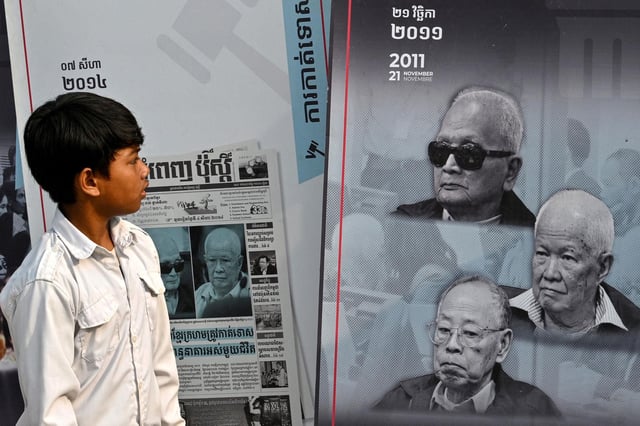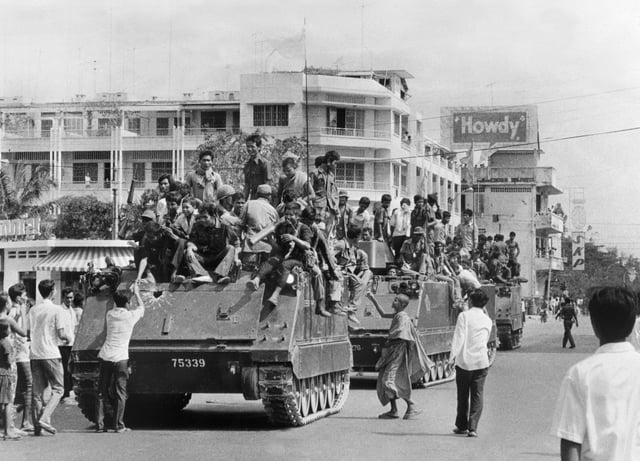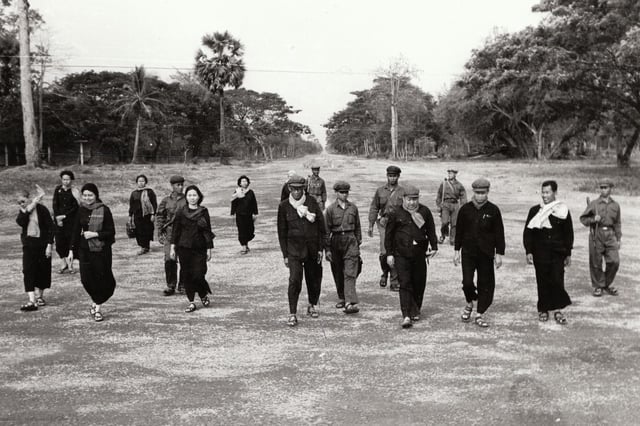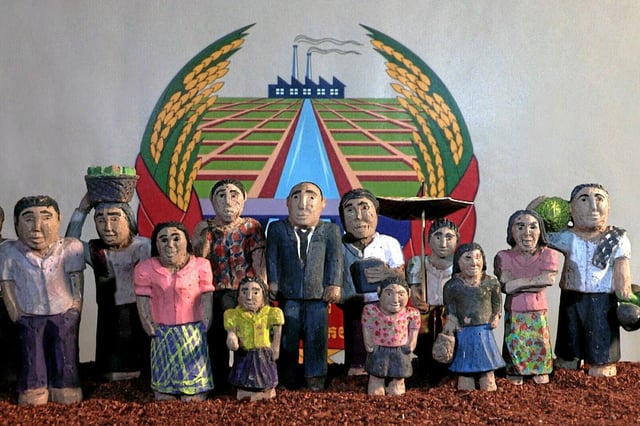Overview
- Cambodia has enacted stricter legislation as of February 18, 2025, criminalizing denial or approval of Khmer Rouge-era atrocities, including genocide and crimes against humanity.
- The Forum des Images in Paris is hosting a film program and exhibition titled 'Qui se souvient du génocide cambodgien?' from April 16 to May 4, 2025, to honor the 50th anniversary of the genocide.
- Filmmaker Rithy Panh, a survivor of the Khmer Rouge regime, continues to lead efforts in preserving memory through his acclaimed works, including 'L’Image Manquante.'
- UN-backed tribunals concluded in 2022 with the prosecution of five senior Khmer Rouge leaders, resulting in three convictions, highlighting limited but significant strides in justice.
- Intergenerational efforts by artists and diaspora communities are central to keeping the memory of the genocide alive, confronting historical erasure and fostering global awareness.



